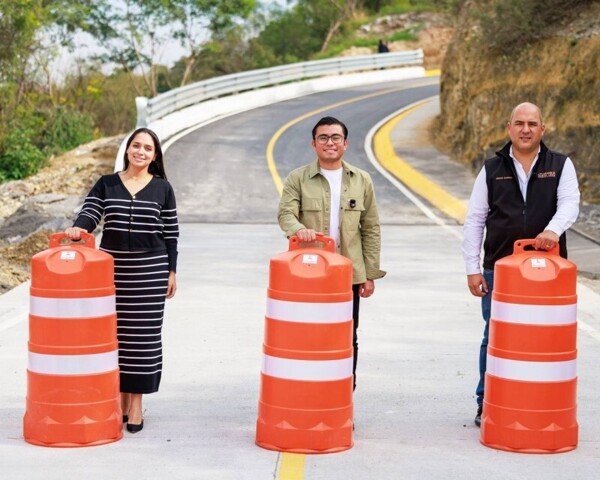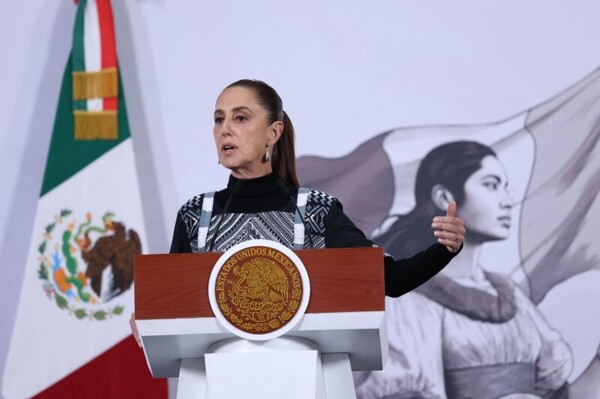The Manager of Justice, Equity, Diversity, and Inclusion (JEDI) at FEMSA, Alessandra Carrascoza, emphasized that even the financial areas are involved in developing solutions that favor the inclusion of people in a situation of mobility. The company's program, which began in 2018, has hired more than five thousand migrants, refugees, and repatriated individuals across its various business units, aiming to demystify common prejudices about this population.
Regarding the impact of deportations from the United States to Mexico, Carrascoza explained that the program has expanded to include returned individuals, with the goal of facilitating their labor insertion. Many of these individuals arrive with valid documents, which speeds up the process, but some face obstacles such as language barriers or lack of support networks. Thanks to prior experience with migrants and refugees, FEMSA has improved its ability to receive repatriated individuals in a more conscious and efficient manner.
Among the benefits of the program is the increased retention of migrant workers compared to local employees, with a higher average tenure in their positions. Carrascoza mentioned that in Oxxo stores, for example, people from other nationalities tend to stay on average four to six months longer than local employees. FEMSA has actively worked to eliminate common stigmas about the migrant population and emphasize their contribution to the labor market.
Carrascoza indicated that, although the number of hires may be higher, they are still working to strengthen the tracking system for employees in a situation of mobility. She highlighted that historically more than five thousand people have been hired, dispelling false ideas such as migrants taking jobs or increasing crime rates. The relationship between the arrival of migrants and the increase in violence, according to the JEDI Manager at FEMSA, does not have a direct connection, as these individuals bring resilience, knowledge, and a critical sense that fosters innovation within companies.
In a process of expansion, the program that began as a pilot test in Oxxo Mexico in collaboration with UNHCR has been extended to all business units of FEMSA, including Coca-Cola FEMSA, pharmacies, Oxxo Gas, and areas of health and financial services, in several countries where the company operates. The initiative, which aims to be a mutually beneficial arrangement for the company, employees, and communities, has evolved to include specific production lines for individuals from different nationalities, as in the case of Brazil, where French-speaking Haitian workers operate.














